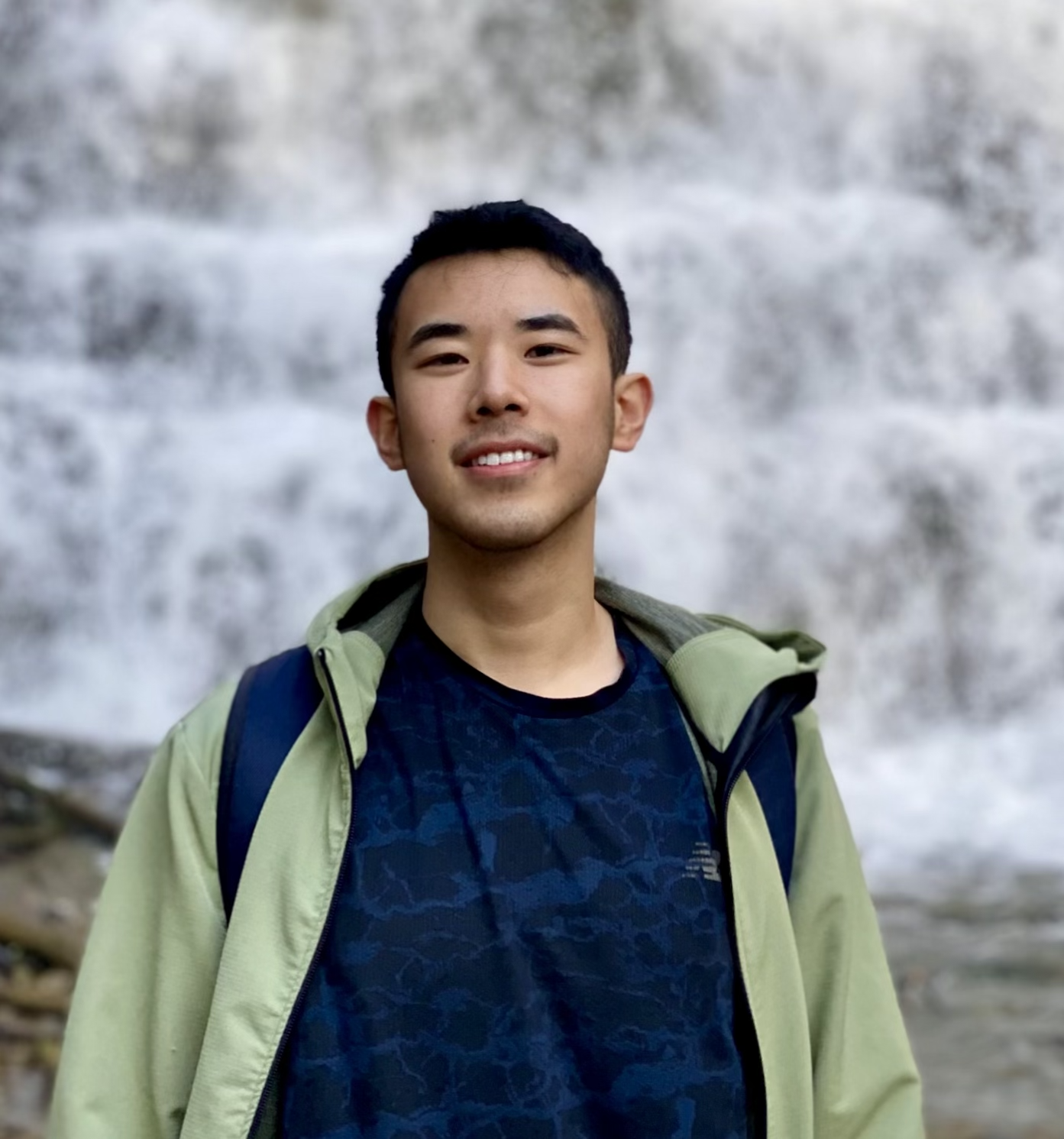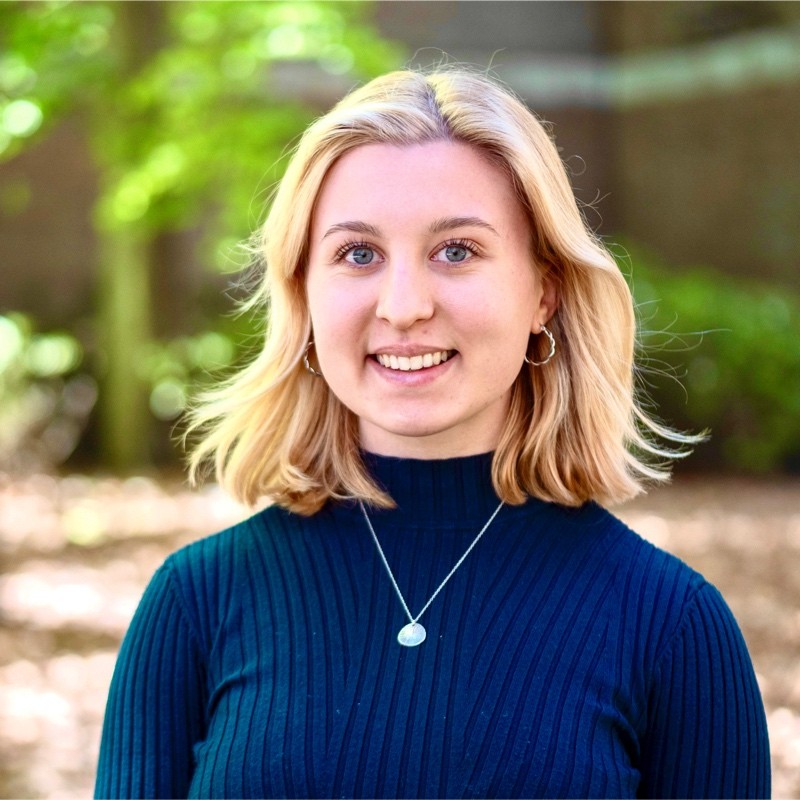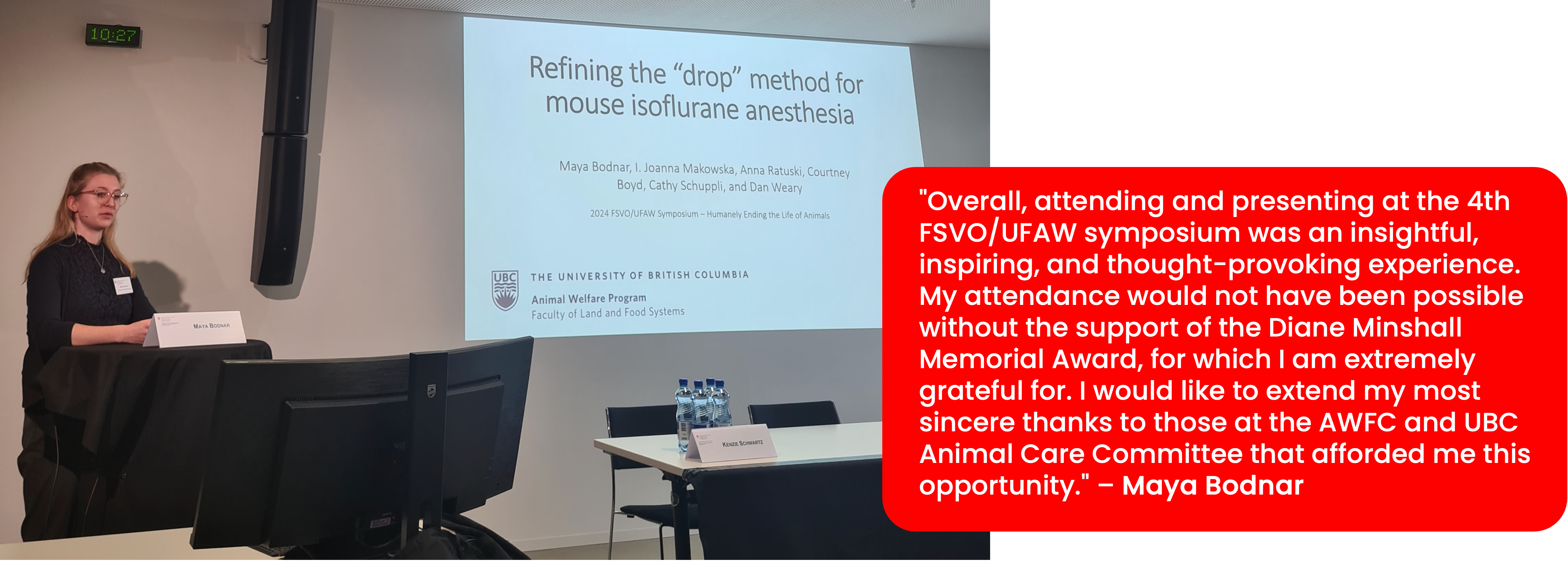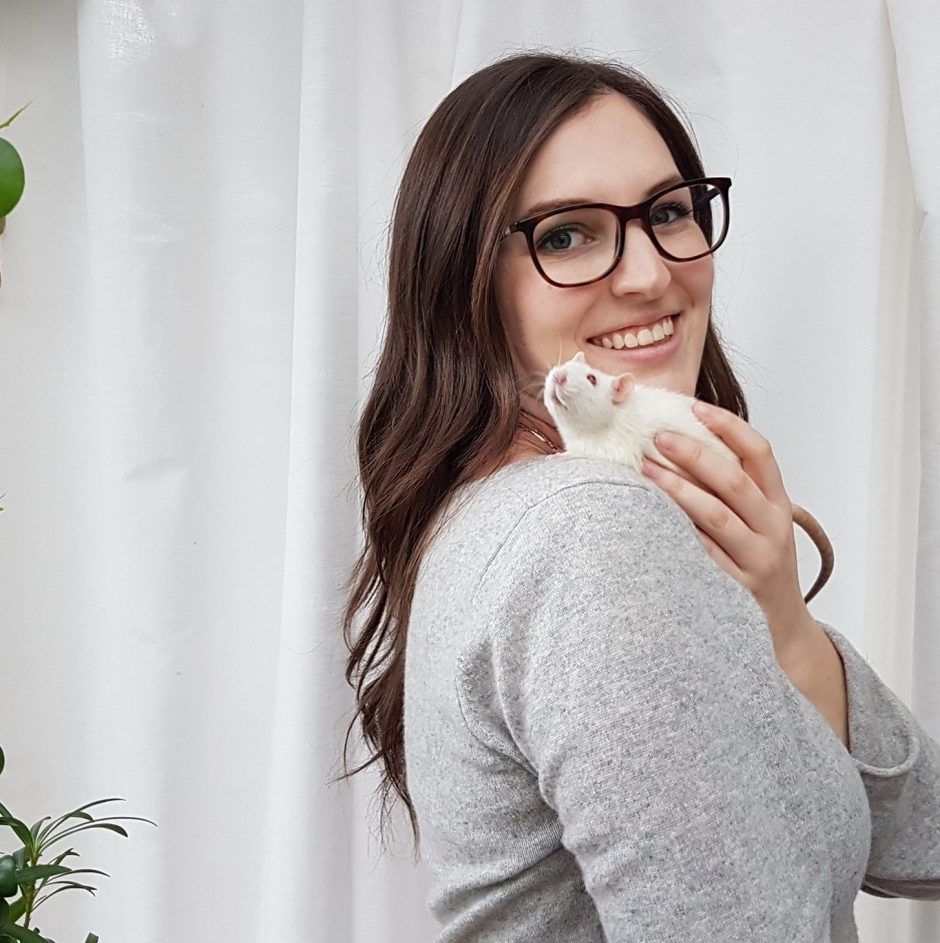
Each year, the Diane Minshall UBC Memorial Award provides a $1,000 grant to support education and training in laboratory animal welfare. The funds are intended to cover travel and attendance costs at conferences or meetings that focus on improving the care, conditions, and welfare of research and laboratory animals. The award honours the spirit of Diane Minshall’s pioneering work in humane research methods.
Past recipients and how they used the award include:
2025 – Kathen Li

Since 2020, Kathen Li has been dedicated to improving laboratory mouse welfare through behavioral studies and the use of enrichment materials like nesting and burrowing tools. As an animal care technician at UBC, he has been applying refined handling techniques using specialized huts to reduce stress in laboratory mice.
With support from the Diane Minshall UBC Memorial Award, Kathen will attend the Canadian Association for Laboratory Animal Science (CALAS) symposium in May—where he will co-host a workshop on rodent handling—and aims to present at the American Association for Laboratory Animal Science (AALAS) national meeting in November. These conferences are key platforms for sharing knowledge and advancing best practices in animal care.
This award will help Kathen engage with the broader animal welfare community to promote collaboration, share practical techniques, and further develop evidence-based handling methods that benefit both animals and the people who care for them.
2024 – Maya Bodnar

As a PhD student in UBC’s Animal Welfare Program, Maya is dedicated to improving the welfare of laboratory rodents, with a focus on refining routine procedures such as handling and euthanasia. Her recent work involved enhancing the “drop” method for isoflurane induction in mice, contributing to more humane anesthesia and euthanasia practices.
With support from the Diane Minshall UBC Memorial Award, Maya traveled to Bern, Switzerland, to present this research at the 2024 FSVO/UFAW Humanely Ending the Life of Animals Symposium – her first international conference. This opportunity not only allowed her to share her findings but also to connect with global experts committed to advancing humane euthanasia methods. She returned with valuable insights into current international practices, further strengthening efforts to improve laboratory rodent care and aligning with the award’s mission to support innovation in humane research.
You can watch Maya’s talk at the symposium here.

2023 – Anna Ratuski

As a PhD student in UBC’s Animal Welfare Program, Anna researches the emotional experiences and natural behaviours of laboratory mice and rats, with the goal of refining housing conditions to improve animal welfare. Her work focuses on implementing meaningful environmental enrichment and promoting the broader application of the Refinement principle within the 3Rs framework.
With support from the Diane Minshall UBC Memorial Award, Anna attended the 2023 Canadian Association for Laboratory Animal Science (CALAS) Symposium in Montréal, where she delivered an oral presentation on enrichment strategies for laboratory rodents. In addition to presenting, she facilitated a workshop on barriers to implementing Refinement, engaging directly with caregivers, veterinarians, and animal care committee members from across Canada. This experience allowed her to share research findings, foster dialogue around practical challenges, and promote welfare-centered innovations in laboratory animal care – furthering the award’s mission to support humane research practices.
2021 and 2022 – Due to the pandemic restrictions and school closures, no applications were submitted to the AWFC, thus no grants were provided.
2020 – No eligible applications were received in 2020, thus no grants were provided.
2019 – Anna Ratuski: for her work on improving laboratory rat welfare by providing breeding rats with increased control in their environment, and refining CO 2 euthanasia for rodents. Support from the Minshall Memorial Award will give her the opportunity to travel to the Netherlands to attend and present her work at the 11th World Congress on Alternatives and Animal Use in the Life Sciences in 2020.
2018 – Jennifer Tutte: to attend a conference in order to further her research on promoting positive relationships between animals and handlers in laboratories, as well as enrich the daily lives of rats through bonding activities such as rat tickling. The ACC conference program provided her with a greater understanding of how protocols are designed and approved which will enable her to help colleagues establish what is acceptable for the studies they facilitate.
2017 – Amelia MacRae: whose research focused on developing a pinniped/seal grimace scale that measures facial expressions in order to assess pain and discomfort levels in pinnipeds (particularly harbour seals) during handling and medical procedures (such as branding and attaching implanting transmitters). Her work was presented at the 2017 IAAE Conference.
2016 – Lucia Saaverda: to investigate alternative, more-humane gases used for euthanasia, and the importance of the variability on how each individual animal responds, rather than just assessing the impact on a group of animals. She used the Minshall funds to present her work at ISAE.
2015 – Xianghong Shan: for research methods that harvested healthy embryos of fish in their first hour of life in order to reduce the number of breeding pairs needed and the frequency of breeding.
2014 – (Kathryn) Becca Franks: to study the behavioral and social dynamics of fish held in semi-natural environments in order to gain insights and an appreciation for the cognitive sophistication and complex lives of fish, comparable to that of land animals. Her work contributed to the growing body of literature enabling enrichment for aquatic environments, and her work was presented at the 50th Anniversary meeting of the International Society for Applied Ethology (ISAE) in Edinburgh, UK.
